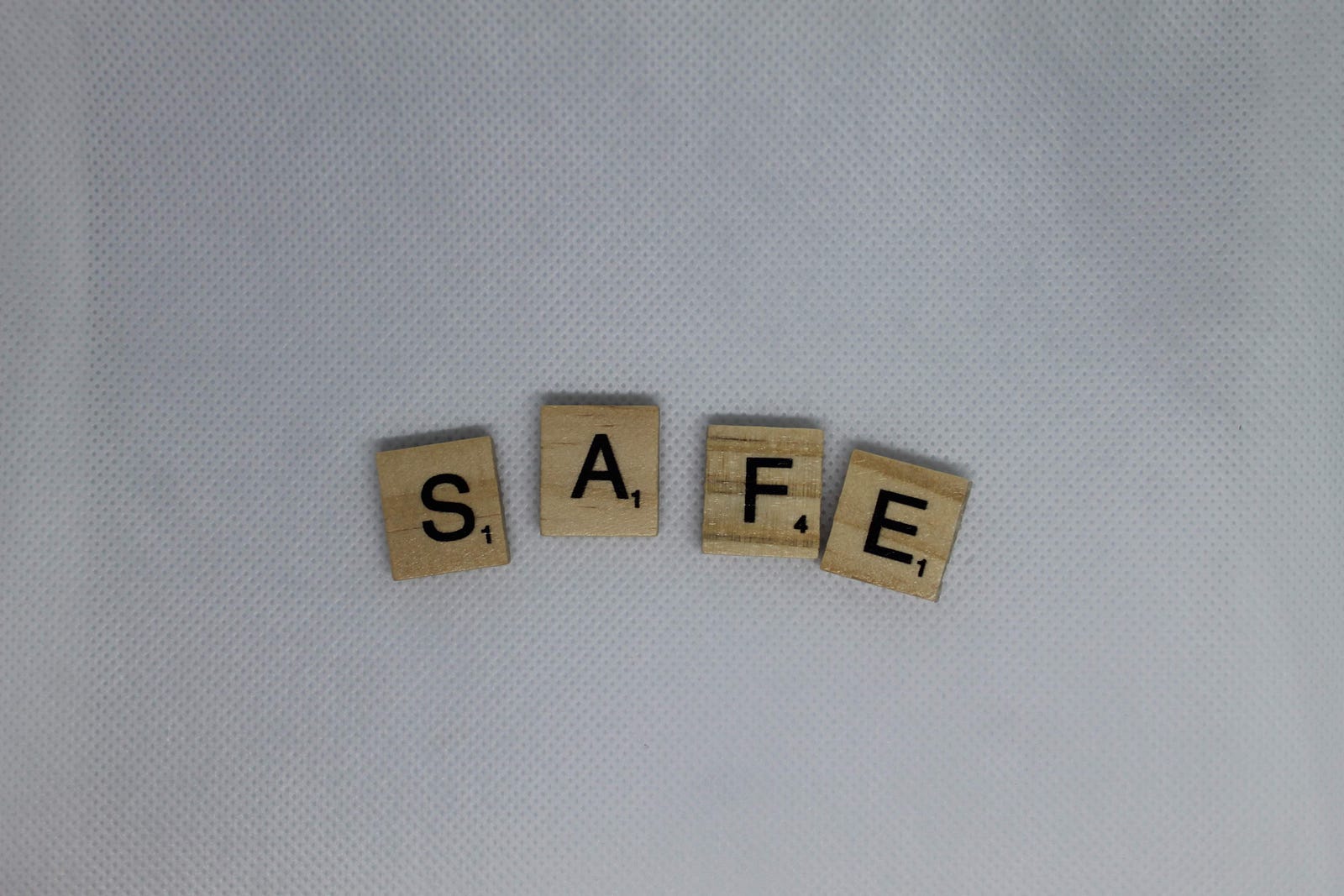“SKIN SLUGGING” IS A SKINCARE TREND I recently saw on social media. The process involves covering the skin with an occlusive moisturizer such as petroleum jelly (for example, Vaseline) before sleeping. Is skin slugging safe?
While the term “skin slugging” is relatively new, using occlusive moisturizers to preserve moisture in the skin has been around for a long time. Petroleum jelly has been used for over 150 years as a moisturizer and skin protectant and is still a popular choice for skin slugging today.
The term slugging may refer to the mucus trail slugs and snails leave as they move. Petroleum jelly is quite slimy and thick.
Practitioners of skin slugging aim to protect, replenish, and moisturize their skin. Using Vaseline, Aquaphor, or similar products can lock in moisture by creating a barrier against external factors that can dry out the skin.
The occlusive layer can help prevent transepidermal (across the skin) water loss or evaporation. Skin slugging may be beneficial for those with dry skin. Those with acne-prone or oily skin may find slugging exacerbates the condition.
Is skin slugging safe? For most, yes.
First, choosing a safe and suitable moisturizer for your skin type is important. Some occlusive ingredients, such as petroleum jelly (Vaseline), can be comedogenic and may clog pores, leading to breakouts. According to the American Academy of Dermatology Association, Petroleum jelly is not a great approach for those with acne.
It is possible to develop an allergic reaction or skin irritation from certain ingredients, so it is important to patch test before applying the product all over your face. Moreover, it’s not recommended to use AHAs or retinoids underneath PJ.
Second, while slugging can help to lock in moisture and prevent trans-epidermal water loss (TEWL), it may also trap bacteria and sweat against the skin, potentially leading to clogged pores and breakouts. Please cleanse the skin thoroughly before applying the moisturizer to reduce the risk of bacterial growth.

Third, for those using topical medicines, occlusive moisturizers can “enhance penetration of the active drug and improve effectiveness, according to an article in Pharmaceutics.
Using skin slugging
Wait 15 minutes after applying topical steroids before applying petroleum jelly (or similar) products. If you use acids or retinoids, applying an occlusive after may potentiate the effects and irritate the skin.
In the absence of irritation, Shadi Kourosh, M.D. (a dermatologist at Sadick Dermatology and assistant professor at Harvard) advises layering a retinol serum underneath a thick moisturizer for better absorption. However, if you are post-peel or experiencing a rash, it’s best to skip retinol and petroleum jelly altogether.
Overall, slugging can be a safe and effective technique for some people with dry skin, but it may not be suitable for everyone.
Moreover, some individuals may be allergic or sensitive to the ingredients in the occlusive moisturizers. If you are considering the practice, please consider using a patch test first.
If you are considering trying this technique, it is a good idea to consult with a dermatologist or skincare professional first to ensure that it is safe and appropriate for your skin type and concerns.
Does the viral skin approach work?
A small Journal of Cosmetic Dermatology study examined petroleum jelly’s ability to suppress water evaporation from the skin surface. Researchers compared it to a petroleum-based ointment, NOV® II Moisture Balm, designed to be less sticky than petroleum jelly.
The Japanese investigators focused on skin redness, crusting, itchiness, and dryness. All of these problems got better with either skin product. The Moisture Balm product appeared linked to significant decreases in skin redness and a substance (thymic stromal lymphopoietin) associated with skincare issues such as atopic dermatitis.
An additional benefit? Petroleum jelly is a barrier between your skin and external aggressors such as harsh weather or pollution.
Slugging with petroleum jelly can be a simple and effective way to moisturize your face. It’s relatively cheap, free of perfumes, and additive-free. The process appears to have many benefits — and a few risks. You may look more radiant and healthy upon awakening.
I sometimes wonder whether oil-based product use might increase cancer risk. I do not have any high-level evidence, however.
If you know someone with breast cancer, here is my comprehensive online course:
Dr. Michael Hunter’s Wellness!
Breast Cancer Course for Patients breastcancerbydrhunter.thinkific.com
The information I provided in this blog is for educational purposes only and does not substitute for professional medical advice. Please consult a medical professional or healthcare provider for medical advice, diagnoses, or treatment. I am not liable for risks or issues associated with using or acting upon the information in this blog.
Thank you for reading “Is Skin Slugging Safe?”

























